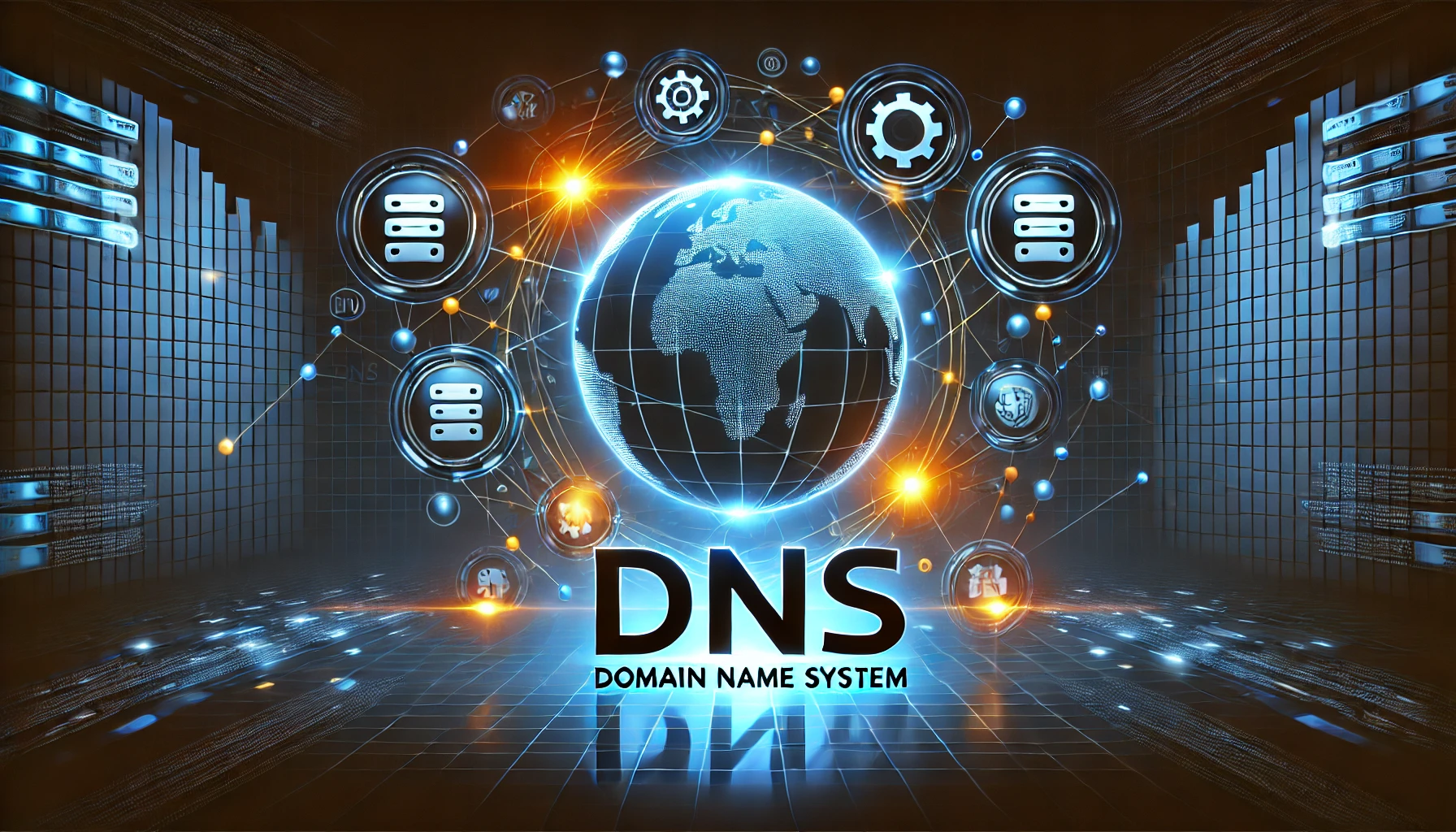Choosing the right DNS (Domain Name System) for IPTV streaming is essential for ensuring seamless performance, security, and accessibility. Whether you’re a casual viewer or a tech-savvy enthusiast, the debate between public and private DNS services affects your ability to enjoy IPTV on platforms like 8K TVs. But which option suits your needs? This guide breaks down the pros and cons of each, focusing on how they influence IPTV streaming quality and experience. want Buy 1 Year IPTV Subscription
What Is DNS, and Why Does It Matter for IPTV?
DNS is the system that translates domain names (like www.example.com) into IP addresses that devices use to connect to the internet. It plays a crucial role in optimizing your IPTV experience by:
- Reducing buffering and latency.
- Ensuring secure access to IPTV services.
- Allowing access to geographically restricted content.
Whether you’re watching IPTV on an 8K TV or setting up an optimized IPTV streaming configuration, the right DNS can significantly enhance performance.
Understanding Public and Private DNS
Before deciding which DNS option is ideal for IPTV, it’s important to understand the differences between public and private DNS services.
Public DNS
Public DNS servers are freely available for anyone to use. Examples include Google Public DNS (8.8.8.8, 8.8.4.4) and Cloudflare DNS (1.1.1.1, 1.0.0.1).
Advantages
- Free to use with no setup costs.
- Faster resolution times, especially with globally distributed servers.
- Access to blocked or censored content in certain regions.
- High uptime and reliability provided by major providers.
Disadvantages
- Limited privacy, as your DNS queries might be logged by providers.
- Potential exposure to ads or data collection.
- No customization, which may limit advanced setups for optimized IPTV streaming.
Private DNS
Private DNS is typically offered by ISPs, corporations, or subscription-based services. These servers are usually restricted to specific users.
Advantages
- Enhanced privacy, as data remains within a closed network.
- Custom configurations for improved IPTV streaming on 8K TVs.
- Greater security, reducing risks of DNS hijacking.
Disadvantages
- Additional costs for subscriptions or setups.
- Possibly slower resolution times compared to public DNS providers.
- Limited availability, particularly for casual users.
Comparing Public and Private DNS for IPTV on 8K TVs
Speed and Performance
- Public DNS: Generally faster due to global server networks. It’s ideal for viewers prioritizing minimal buffering on IPTV apps.
- Private DNS: Offers better optimization for specific networks, which can be beneficial for users with high-speed broadband tailored for 8K TVs.
Privacy and Security
- Public DNS: Suitable for general use but may not meet high privacy standards. For IPTV users, this means your viewing habits could be tracked.
- Private DNS: Ensures your data is private, making it a secure option for IPTV enthusiasts concerned about confidentiality.
Ease of Access
- Public DNS: Requires no special permissions or credentials.
- Private DNS: Typically needs configuration and might not be accessible to all users.
Customization
- Public DNS: Lacks the ability to fine-tune DNS settings, limiting its flexibility for IPTV-specific setups.
- Private DNS: Supports advanced configurations, making it a preferred choice for optimized IPTV streaming setups.
Best Practices for Using DNS with IPTV on 8K TVs
When setting up your IPTV, the DNS you choose can dramatically impact your experience. To ensure smooth streaming, consider the following tips:
- Test Multiple DNS Providers: Measure performance with public options like Google DNS and private services offered by your ISP.
- Prioritize Security: Use a DNS service that offers DNS over HTTPS (DoH) or DNS over TLS (DoT) for encrypted queries.
- Use a Reliable IPTV App: For the best results, pair your DNS with one of the best IPTV apps for 8K TVs.
- Optimize Your Network: Incorporate DNS settings into your router for universal coverage across all devices.
Public or Private DNS: Which Should You Use for IPTV
Your choice largely depends on your specific needs and setup. Here’s a quick breakdown:
| Feature | Public DNS | Private DNS |
|---|---|---|
| Cost | Free | Subscription/ISP Fees |
| Performance | High Speed | Network-Dependent |
| Privacy | Moderate | High |
| Ease of Use | Easy | Requires Setup |
| Best For | General IPTV Streaming | Optimized IPTV Setups |
If you’re aiming for optimized IPTV streaming setups on 8K TVs, consider private DNS for added customization and security. However, public DNS is a cost-effective solution for most users.
FAQs: Public vs. Private DNS for IPTV

1. Does DNS affect IPTV buffering?
Yes, the right DNS can reduce latency and improve the speed of your IPTV streams, especially on high-resolution platforms like 8K TVs.
2. Are public DNS services safe for IPTV?
Public DNS services like Google DNS and Cloudflare are generally safe but may lack the privacy controls of private DNS.
3. Can I use both public and private DNS?
Yes, advanced setups allow switching between DNS types based on your specific streaming needs.
4. What’s the best DNS for IPTV on 8K TVs?
It depends on your preferences. For speed and reliability, try public DNS. For privacy and customization, opt for private DNS.
Choosing between public and private DNS for IPTV is a decision influenced by speed, privacy, and convenience. With the rise of 8K TVs, ensuring a high-quality IPTV experience depends on selecting the DNS that aligns with your specific streaming setup and preferences..
How to Solve Common IPTV Issues on Smart TVs

